Circa 2013 o.o
In a pioneering experiment, scientists in Japan clone a mouse from white blood cells collected from the tail of a living donor.

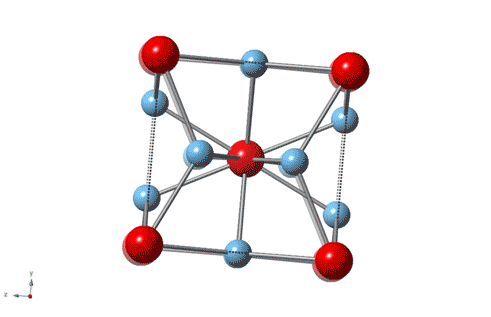
Circa 2016 o,.o.
Titanium is the leading material for artificial knee and hip joints because it’s strong, wear-resistant and nontoxic, but an unexpected discovery by Rice University physicists shows that the gold standard for artificial joints can be improved with the addition of some actual gold.
“It is about 3–4 times harder than most steels,” said Emilia Morosan, the lead scientist on a new study in Science Advances that describes the properties of a 3-to-1 mixture of titanium and gold with a specific atomic structure that imparts hardness. “It’s four times harder than pure titanium, which is what’s currently being used in most dental implants and replacement joints.”
Morosan, a physicist who specializes in the design and synthesis of compounds with exotic electronic and magnetic properties, said the new study is “a first for me in a number of ways. This compound is not difficult to make, and it’s not a new material.”
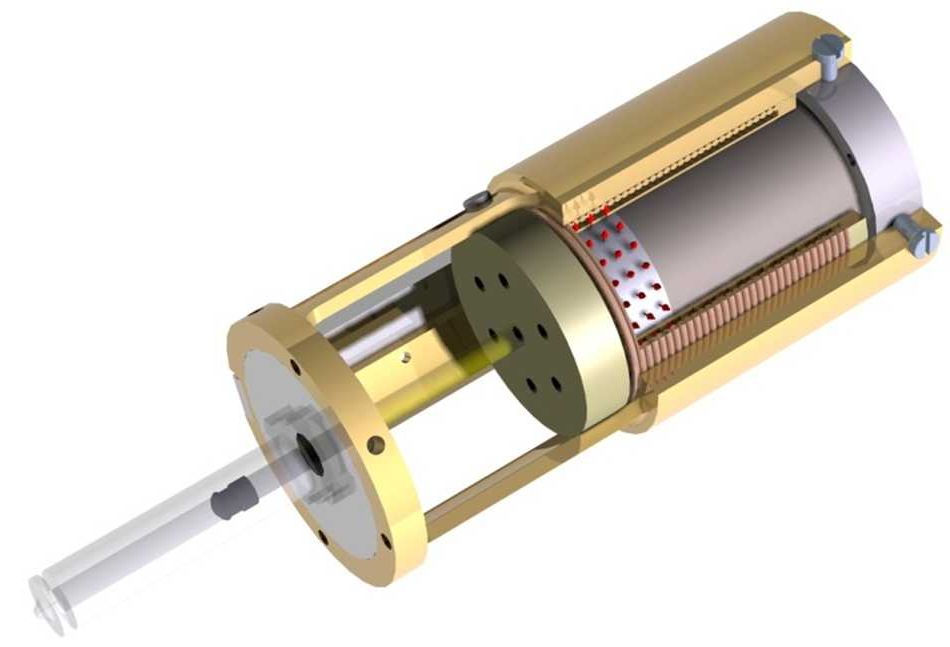
Learn more about PharmaJet’s easy-to-use needleless jet injection device and accompanying products.
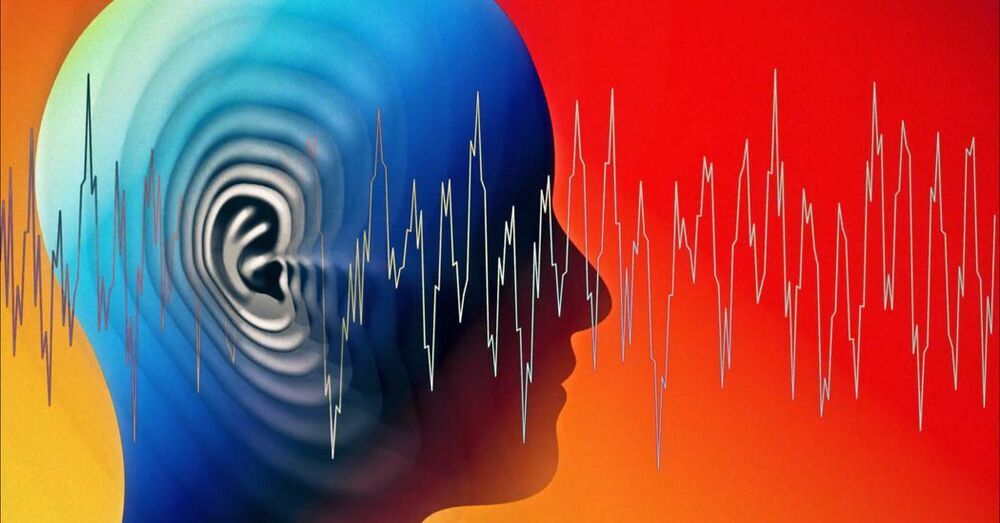
Imagine Apple, Bose or other consumer electronics companies making hearing aids more stylish and relatively affordable — with people having confidence that the devices had been vetted by the F.D.A. Bose told me that it’s working on over-the-counter hearing aid technology.
This article is part of the On Tech newsletter. You can sign up here to receive it weekdays.
On Tech is back from a spring break, and the magnolia trees are blooming outside On Tech headquarters (a.k.a., my New York apartment).
Today, let’s talk about relatively simple technology and a change in government policy that could unleash more innovation for Americans who have difficulty hearing.
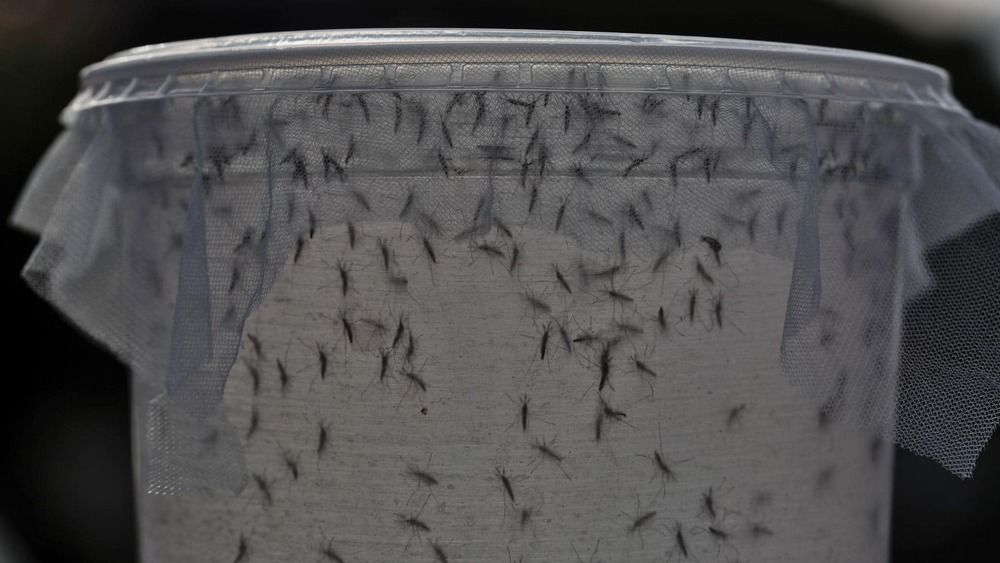
This spring, the biotechnology company Oxitec plans to release genetically modified (GM) mosquitoes in the Florida Keys. Oxitec says its technology will combat dengue fever, a potentially life-threatening disease, and other mosquito-borne viruses — such as Zika — mainly transmitted by the Aedes aegypti mosquito.
While there have been more than 7300 dengue cases reported in the United States between 2010 and 2020, a majority are contracted in Asia and the Caribbean, according to the U.S. Centers for Disease Control and Prevention. In Florida, however, there were 41 travel-related cases in 2020, compared with 71 cases that were transmitted locally.
FLIR Systems, Inc. (NASDAQ: FLIR) announced it has won a contract with the Defense Advanced Research Projects Agency (DARPA) to rapidly develop novel fabrics with embedded catalysts and chemistries that can fight and reduce chemical and biological threats upon contact.
The revolutionary fabrics will be incorporated into protective suits and other equipment such as boots, gloves, and eye protection that can be worn by troops on the battlefield, medical experts, healthcare workers, and more. FLIR received $11.2 million in initial funding for the potential five-year effort worth up to $20.5 million, including options.
The goal of DARPA’s Personalized Protective Biosystems (PPB) program is to reduce the substantial weight and physiological burden of current Personal Protective Equipment (PPE) so soldiers and other specialists can better perform their tasks. PPB will combine novel, lightweight protective materials with new prophylactic medical technologies that mitigate chemical and biological threats at vulnerable tissue barriers, notably the eyes, skin and lungs.

This method of finding light patterns that penetrate an object largely undisturbed could also be used for imaging procedures. “In hospitals, X-rays are used to look inside the body—they have a shorter wavelength and can therefore penetrate our skin. But the way a light wave penetrates an object depends not only on the wavelength, but also on the waveform,” says Matthias.
Why is sugar not transparent? Because light that penetrates a piece of sugar is scattered, altered and deflected in a highly complicated way. However, as a research team from TU Wien (Vienna) and Utrecht University (Netherlands) has now been able to show, there is a class of very special light waves for which this does not apply: for any specific disordered medium—such as the sugar cube you may just have put in your coffee—tailor-made light beams can be constructed that are practically not changed by this medium, but only attenuated. The light beam penetrates the medium, and a light pattern arrives on the other side that has the same shape as if the medium were not there at all.
This idea of “scattering-invariant modes of light” can also be used to specifically examine the interior of objects. The results have now been published in the journal Nature Photonics.
An astronomical number of possible wave forms
The waves on a turbulent water surface can take on an infinite number of different shapes—and in a similar way, light waves can also be made in countless different forms. “Each of these light wave patterns is changed and deflected in a very specific way when you send it through a disordered medium,” explains Prof. Stefan Rotter from the Institute of Theoretical Physics at TU Wien.
Aubrey de Grey’s talk during the South Summit that took place in Spain last October 2020. Aubrey explains why he thinks science and technology is close to bringing aging under complete medical control.
He also describes how along the process we will reach what he calls “Longevity Escape Velocity”. Once we reach it, we will be able to stay one step ahead of the curve of aging, and extend significantly, eventually indefinetely, human health and lifespan.
During the South Summit that took place in Spain last October 2020, gerontologist Aubrey de Grey explains why he thinks science and technology is close to bringing aging under complete medical control.
He also describes how along the process we will reach what he calls longevity escape velocity. Once we reach it, we will be able to stay one step ahead of the curve of aging, and extend significantly, eventually indefinetely, human health and lifespan.
El video cuenta con subtítulos en Español.
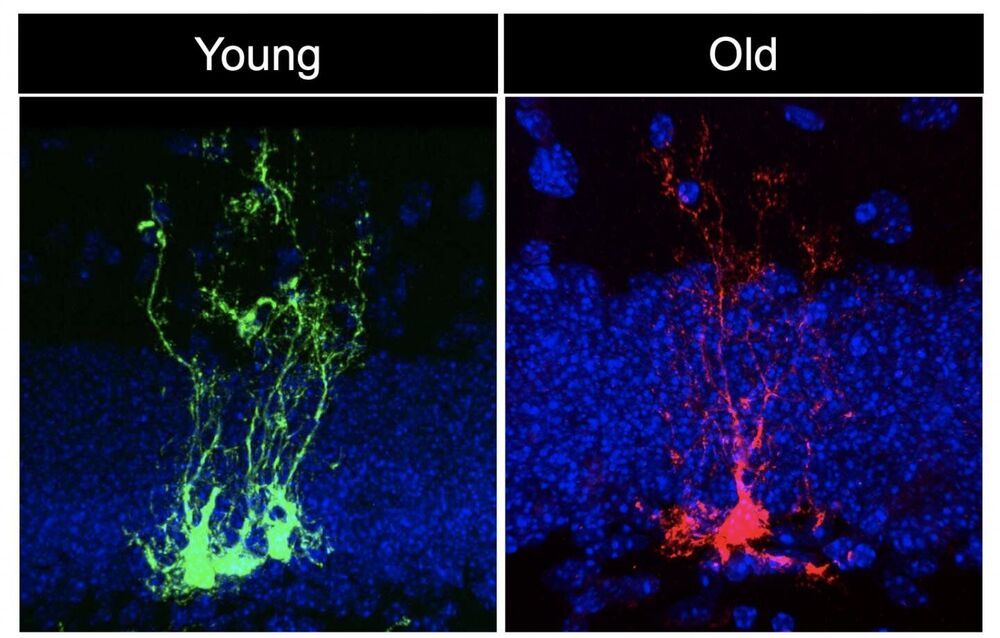
In a new study published in Cell Stem Cell, a team led by USC Stem Cell scientist Michael Bonaguidi, Ph.D., demonstrates that neural stem cells—the stem cells of the nervous system—age rapidly.
“There is chronological aging, and there is biological aging, and they are not the same thing,” said Bonaguidi, an Assistant Professor of Stem Cell Biology and Regenerative Medicine, Gerontology and Biomedical Engineering at the Keck School of Medicine of USC. “We’re interested in the biological aging of neural stem cells, which are particularly vulnerable to the ravages of time. This has implications for the normal cognitive decline that most of us experience as we grow older, as well as for dementia, Alzheimer’s disease, epilepsy and brain injury.”
In the study, first author Albina Ibrayeva, a Ph.D. candidate in the Bonaguidi Lab in the Eli and Edythe Broad Center for Regenerative Medicine and Stem Cell Research at USC, joined her colleagues in looking at the brains of young, middle-aged and old mice.